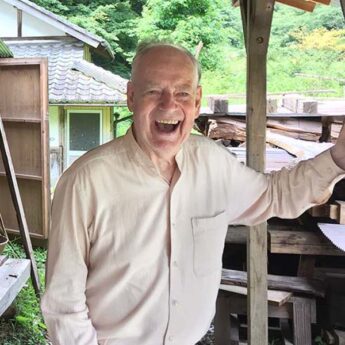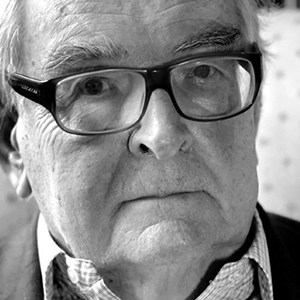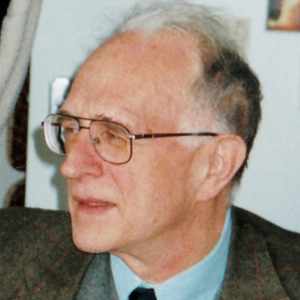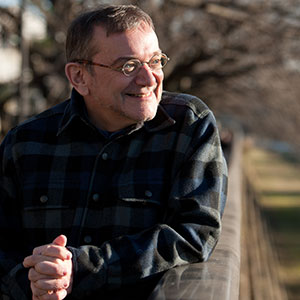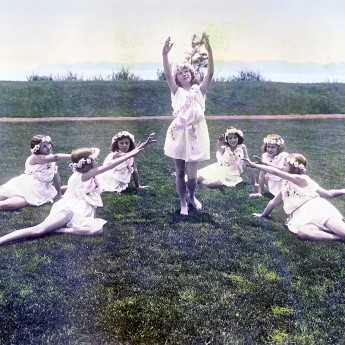Henry Scott-Stokes, who died in Tokyo on 17 April aged 83, was the first Japan bureau chief of the Financial Times (FT) and later held the same position at The Times. He also wrote for BCCJ ACUMEN. I clearly remember when we first met. He could spot a new member at the Foreign Correspondents’ Club of Japan (FCCJ) from afar and he quickly joined me at the packed bar. We soon bonded on our solid Somerset roots; his cousins had owned the famous Clarks shoemaking firm in Street, founded by their family in 1825.
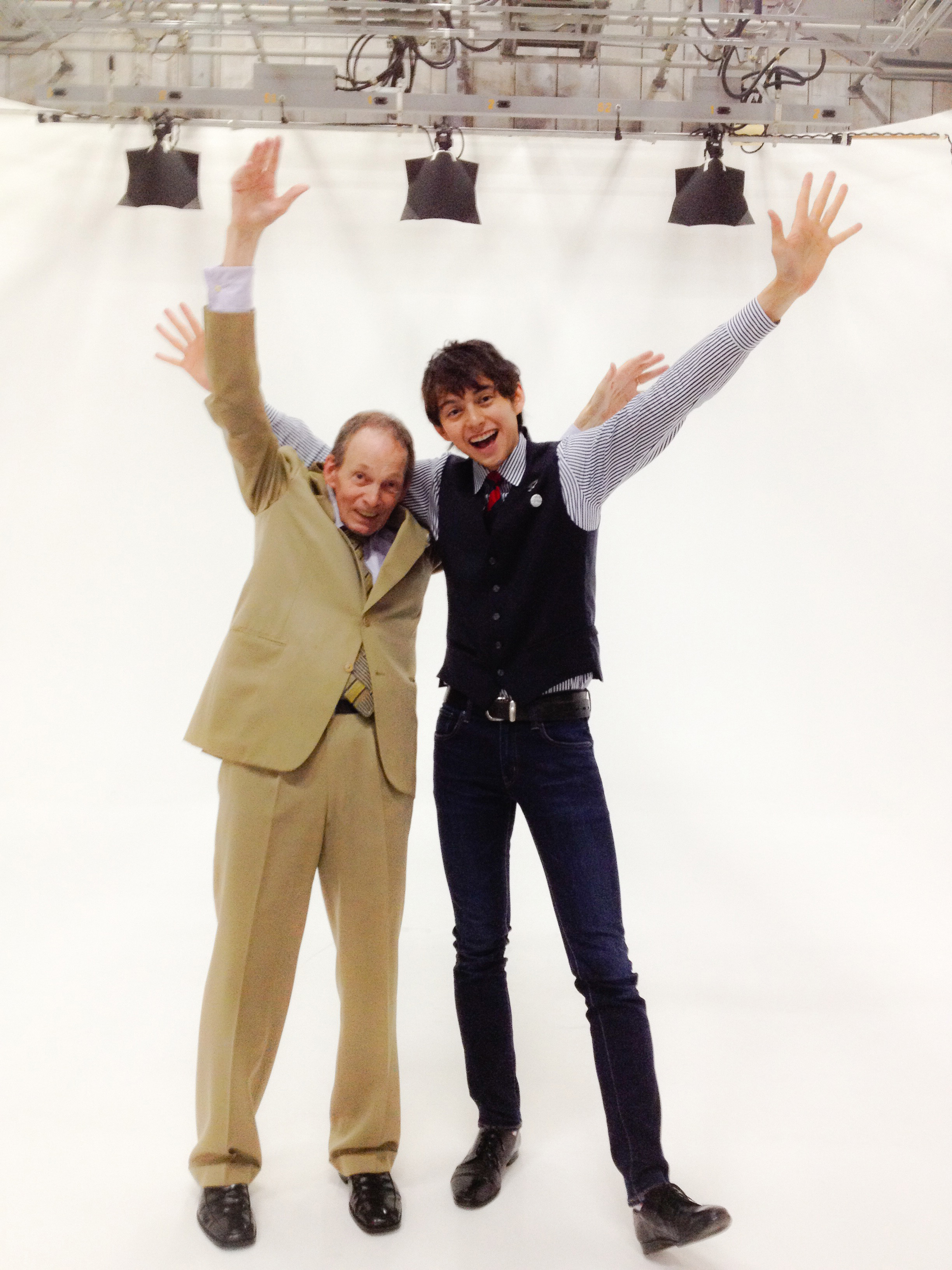
Henry was eloquent, dignified, gentle. And a Quaker. But he didn’t like to talk about that. Ask him instead about Yukio Mishima. Henry wrote a book in 1974—of which I have a treasured first edition inscribed by him in Paris to someone called Greg—and many articles about his nationalist friend who was a respected writer, actor and model.
He proudly scooped his fellow foreign newsmen, as he called them, in 2012 to interview 89-year-old literature expert Donald Keene upon his getting Japanese citizenship, fittingly for the BCCJ ACUMEN issue with the cover title: “Oldest Rocker in Town”, about an ageing musician; they both enjoyed that. And a month later, 10 years ago, he wrote the obituary with unique insight and anecdotes about his friend Minoru Mori KBE, of Roppongi Hills and Shanghai World Financial Center fame.
My last memories of Henry are of his random visits—often in unpleasant weather—to hand deliver invoices and collect cash for his contributions at our previous office in Akasaka; he took several minutes to climb the few steps with his walking stick. Always impeccably dressed and polite. Very grateful for a cup of tea.
But many people knew Henry much better and longer than I did: His son, media celebrity and presenter Harry Sugiyama, 37, told me: “Henry was ultimately my father, my hero and my best mate. Even through my darkest years he would always be by my side no matter how impossible the situation appeared, and no matter how busy he was. So many memories flow through my veins. Taking me to the FCCJ to attend news conferences as a child and encouraging me to ask questions. Even if I was a toddler, I was also technically a ‘freelance journalist’. He would come back from work with a whiff of Calvados, but after a bath would plunge himself onto the typewriter (those were the days) and work through the night. Even in the morning he would continue.
“He was the best father I could ever have wished for, and I shall wear his spirit on my sleeve until I join him. Henry passed away peacefully in my mother’s arms”.
Award-winning FT columnist Jurek Martin OBE was Tokyo bureau chief in 1982–86. He remembers Henry then as “almost an ethereal figure, who tended to wear Great Gatsby clothing”. He adds: “His great obsession was with Yukio Mishima, whom he knew quite well before he committed hara-kiri and about whom he wrote a book. As I recall he admired Mishima aesthetically but was more conflicted by his fervent nationalistic views”.
Indeed, controversy dogged Henry in later life as Parkinson’s took its toll. His 2014 book, entitled Falsehoods of the Allied Nations’ Victorious View of History, as Seen by a British Journalist, which quickly sold more than 100,000 copies, was slammed for siding with World War II revisionists and right-wing Japanese nationalists.
The Times said of the book in its obituary of Henry on 6 May: “Three sentences caused particular outrage. They read: ‘It is clear that the so-called “Nanjing Massacre” did not take place. As a historical fact, the “Nanjing Massacre” did not take place. It was a propaganda fabricated by the (nationalist Chinese) Kuomintang government’. That flatly contradicted the view of most mainstream historians”.
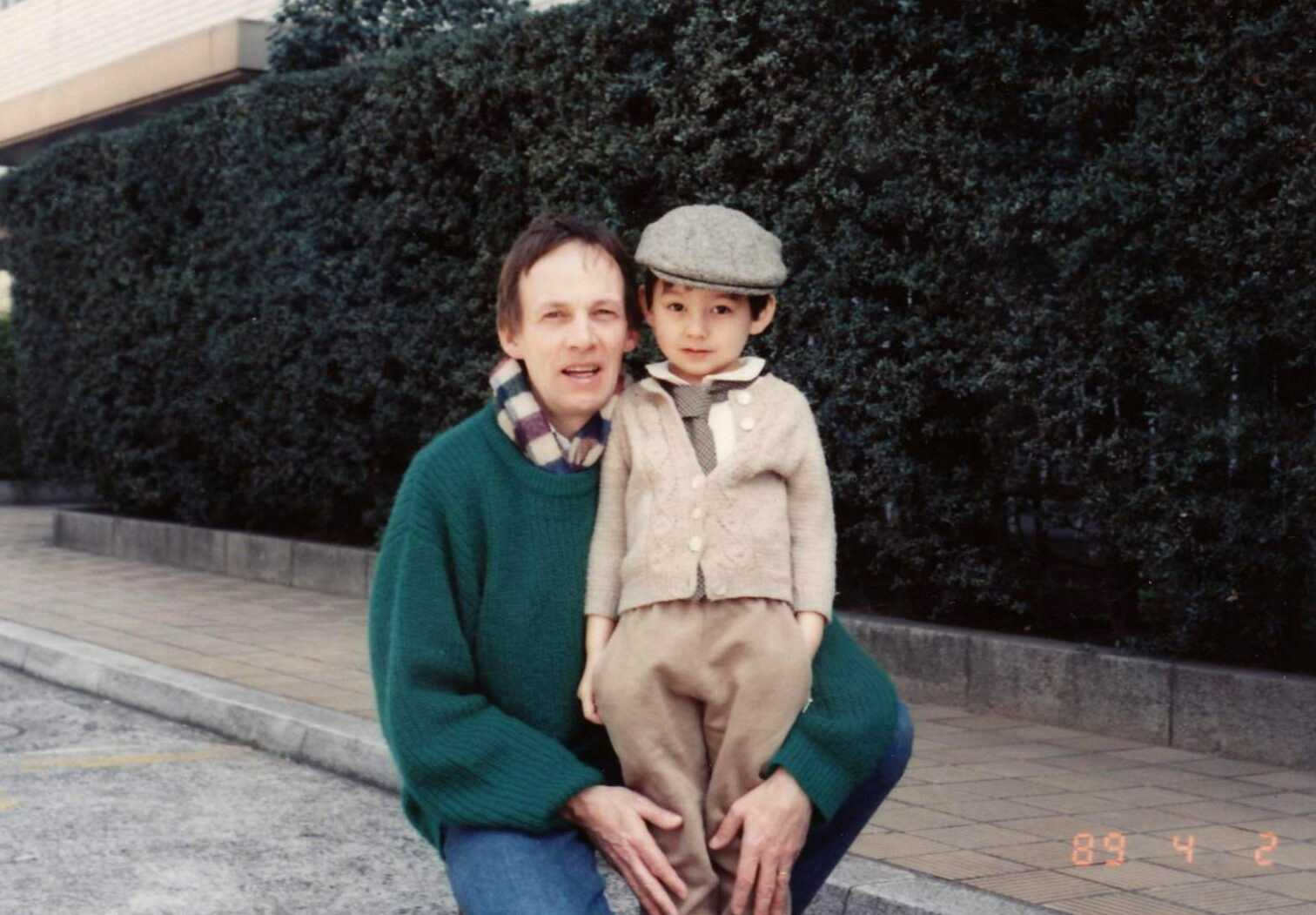
Scott-Stokes (left) and his son, Harry
Daily Telegraph Japan correspondent and long-time BCCJ ACUMEN writer Julian Ryall said: “Henry Scott-Stokes was utterly old school. He wore tweed, smiled frequently and enjoyed a regular glass of sherry in the bar of the FCCJ. There were many times when I would stop by the bar for a coffee of an afternoon and spy Henry in a corner, from where he would beckon me over. What was billed as “a quick catch-up” invariably span out into reminiscences of his time as a correspondent in the 1960s, the places he went and his friendship with Yukio Mishima. He particularly recalled picnicking with Mishima, and regretted that he was just a few minutes away in a taxi as his friend committed seppuku (ritual suicide) when his dream of a revolution died.
“Henry lived an adventurous and unorthodox life at a time that many in journalism look back on as the golden age of the industry. The FCCJ will be a poorer place for his departure. And I already miss his quick catch-ups”.
FCCJ President Suvendrini Kakuchi told members: “Something of a legend in his time, Henry first came to Japan nearly sixty years ago in 1964 … Henry Johnstone Morland Scott-Stokes later went on to become a successful author with his best-known book being The Life and Death of Yukio Mishima”.
Henry is survived by his son Harry and his widow Akiko.

